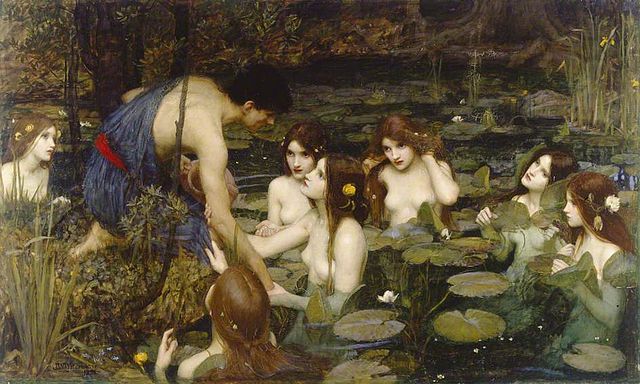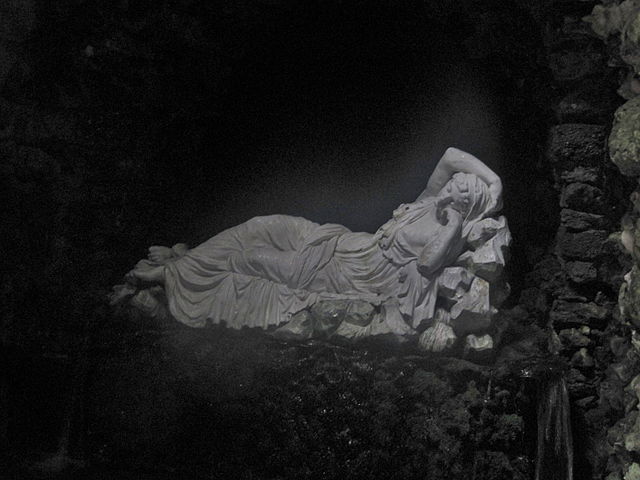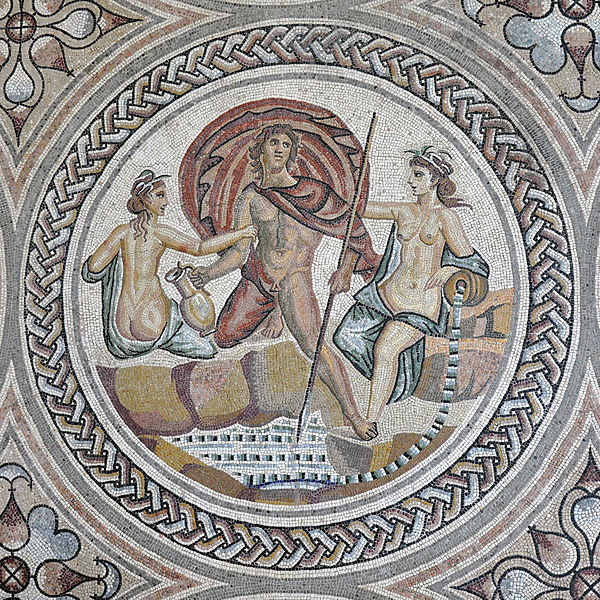Infinite photos and videos for every Wiki article ·
Find something interesting to watch in seconds
Wars and Battles
Crown Jewels
Celebrities
Largest Palaces
Ancient Marvels
British Monarchs
Orders and Medals
History by Country
Recovered Treasures
Supercars
Largest Empires
Presidents
Rare Coins
Kings of France
Sports
Animals
Famous Castles
Great Cities
Wonders of Nature
Great Museums
World Banknotes
Richest US Counties
Tallest Buildings
Great Artists
Countries of the World
Best Campuses
more top lists








